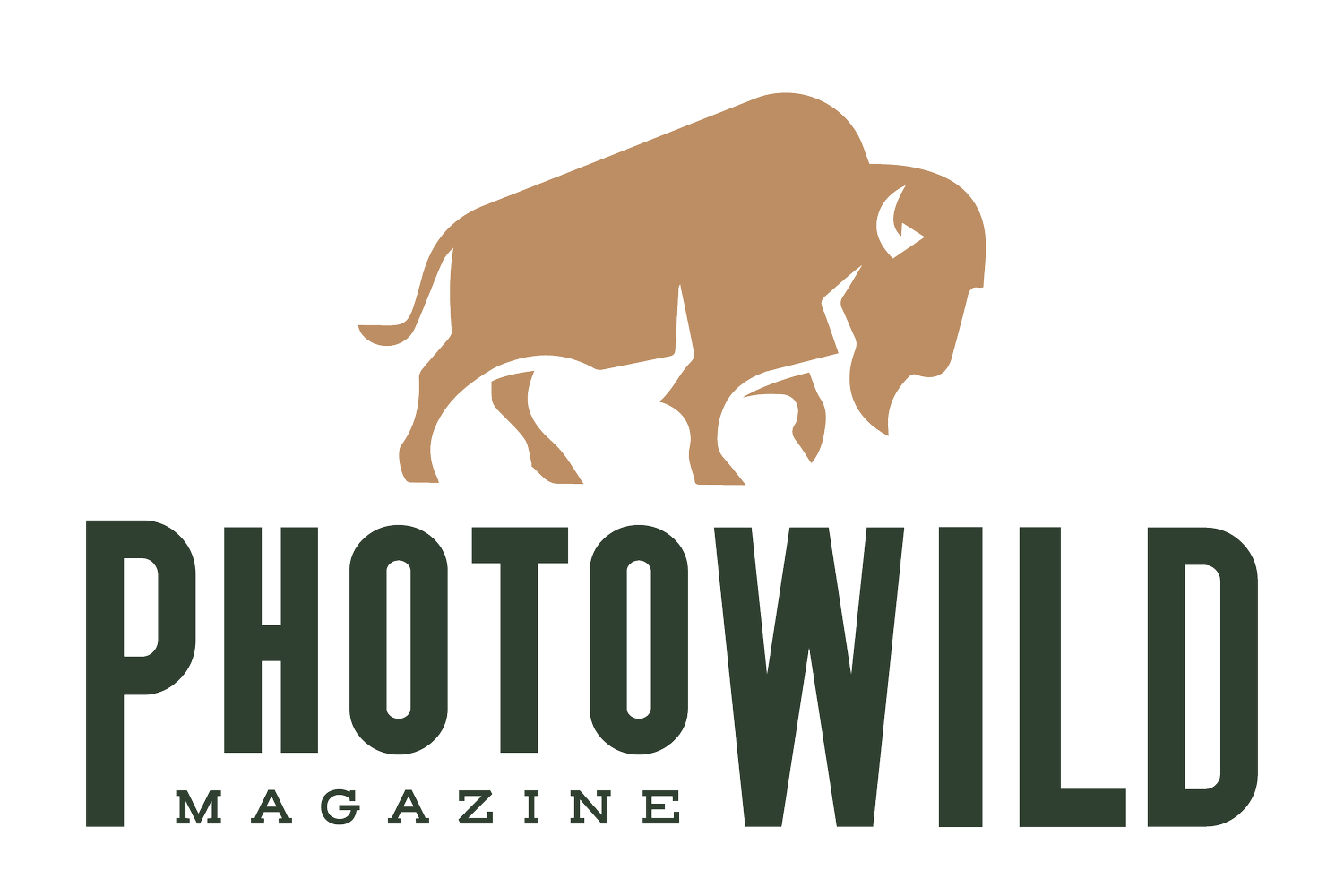Looking for a particular topic? Try using the search bar below.
The Importance of Color: Lessons for hummingbirds
As wildlife photographers, light and color are of the utmost important. In this article, we discuss how the proper use of off-camera flash can transform your photography
Stay Curious
Plutarch once said that the mind is not a vessel to be filled, but a fire to be kindled. Curiosity is the fire that drives us and will make you a more diverse and better wildlife photographer.
The Best Lenses for Birds in Flight
When it comes to photographing birds in flight, our equipment has to find the right balance between weight, autofocus speed and accuracy, and image quality. While many lenses offer some variation of this, there is one particular family of lenses made by all camera manufacturers that are the perfect combination of all three.
Weather & Wildlife: When Winter Fails
Just as heavy snow or deep negative temperatures impact wildlife behavior, so too does a lack of winter. When temperatures fail to get cold, when the snow does’t come, when winter just isn’t winter, wildlife is impacted in myriad ways.
Weather and Wildlife: It’s all about microclimates
By understanding how mountain sheep such as Dall, Stone, and Bighorns utilize microclimates in the mountain haunts, we can learn how to predict where and when to find animals to photograph, from birds to mammals, no matter where we are this winter.
Weather and Wildlife: Expect the Unexpected
When winter comes, it’s best to throw out all of your old assumptions about the animals you photograph. Cold adapted species have any number of ways in which they shift their behavior to survive. And understanding this will make you a better wildlife photographer
Cold Focus
Wildlife photographers face many challenges in the winter that are unique to the season. Above all, however, the impact that cold ambient temperatures have on our camera’s ability to focus is one that if not understood will completely ruin your photography.
Questions and Actions: 18% Gray
While everything about the way our cameras meter light and handle auto-exposure modes like aperture priority and auto-ISO is based on the concept of 18% gray, is it still relevant in wildlife photography today?
Weather and Wildlife: Predicting Behavior
Changing weather can be a matter of life or death for animals - especially in the winter. Every species on Earth has ways of responding to and coping with these events. When it comes to wildlife photography, understanding how animals respond to changes in the weather can give you the ability to find, photograph, and predict the behavior of wildlife this winter.
A Tale of Two Photos
More often than not, the first composition we setup with our subject is not the best. Especially when we are working with an animal that is rare or unique, it’s easy to forget the importance of experimentation and especially story telling with our photographs.
Chasing the Rut: Bighorn Sheep
Known by many as the mountain monarchs, the bighorn sheep rut is a sight every wildlife photographer should behold
Chasing the Rut: Mule Deer
The iconic deer of the West, mule deer are one of North America’s best kept wildlife photography secrets












